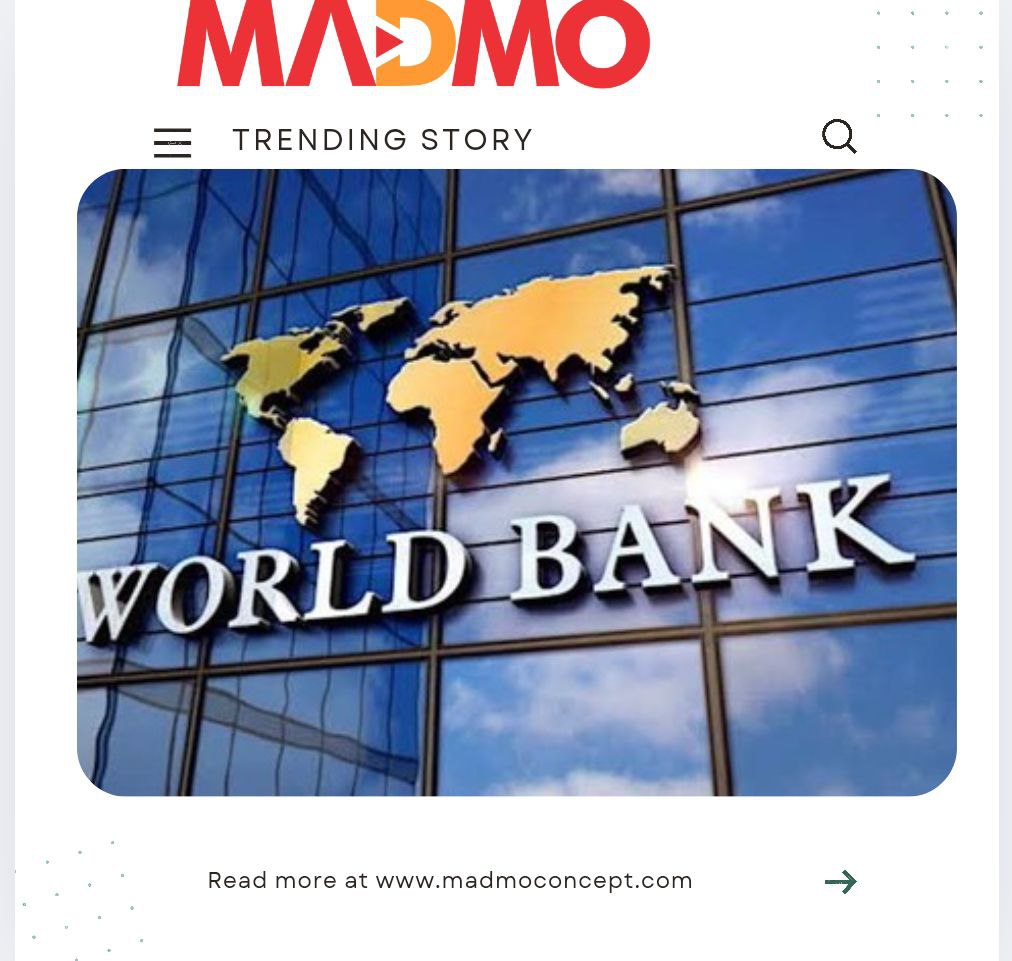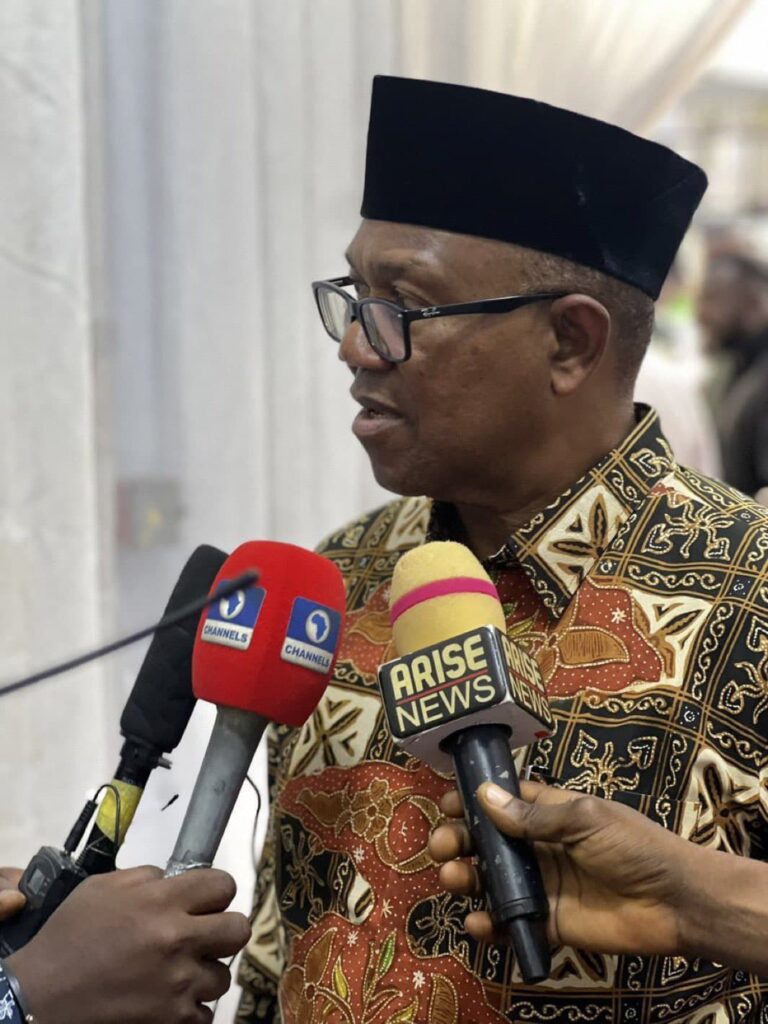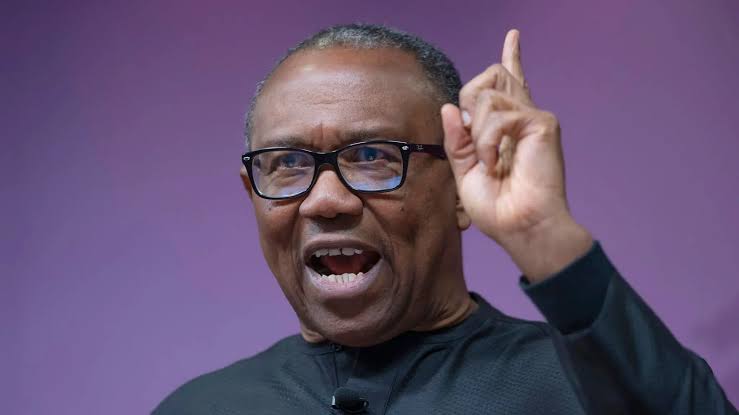
The World Bank has announced the removal of loan fees to alleviate the financial burden on vulnerable countries. This move is part of the Bank’s efforts to support nations grappling with challenges such as climate change, economic instability, and inequality.
Key reforms introduced by the World Bank include the elimination of prepayment premiums on loans from the International Bank for Reconstruction and Development (IBRD), allowing countries to repay loans without incurring extra charges. Additionally, a new grace period for commitment fees on undisbursed balances has been introduced, providing countries with more flexibility in managing their loans. Vulnerable nations will also benefit from extended low-cost pricing on loans, making financing more accessible.
These steps are part of the World Bank’s strategy to increase its lending capacity by $150 billion over the next decade. The changes include adjustments to the IBRD’s equity-to-loans ratio, unlocking an additional $70 billion in lending, and securing additional support from bilateral guarantees and the Asian Infrastructure Investment Bank.
The World Bank’s reforms aim to reduce the financial pressures on vulnerable countries, enabling them to invest in essential development projects and address critical issues such as poverty, education, and healthcare. The initiative aligns with the World Bank’s goal of fostering a more efficient and impactful institution for global development.




